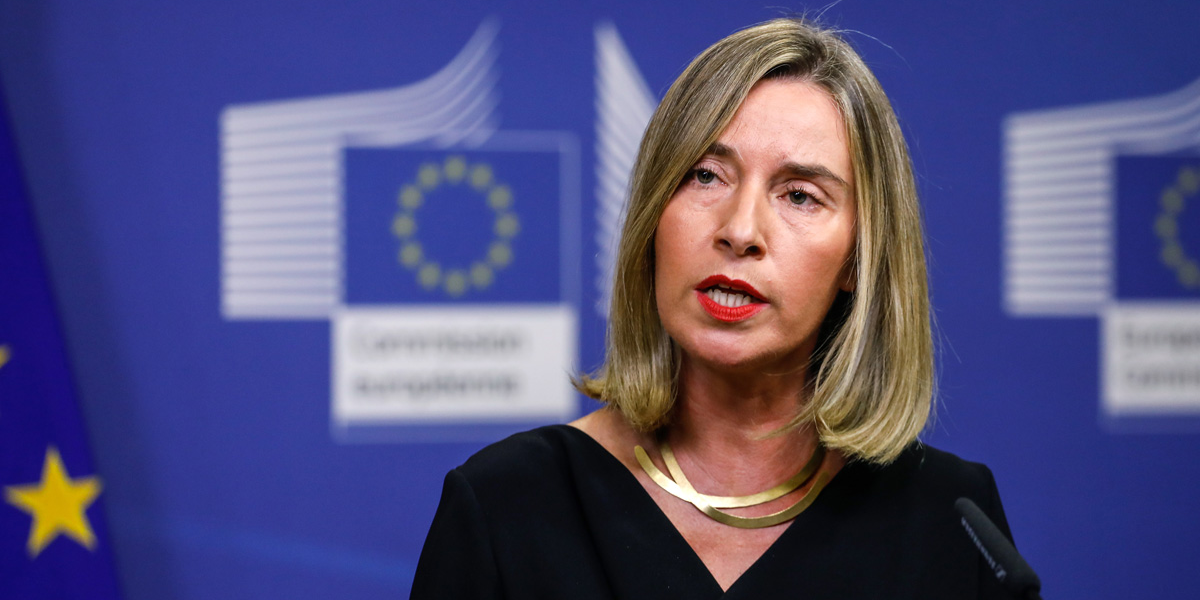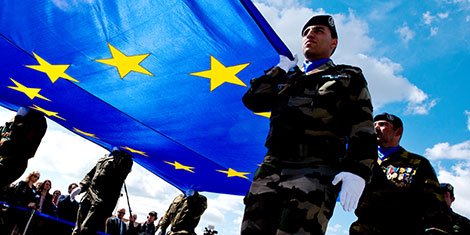
This article was originally published by the European Council on Foreign Relations (ECFR) on 3 January 2019.
Top ten trends that will occupy European foreign policymakers in 2019
It’s a new year and thus a new opportunity to predict the big events and trends that will shake the world in 2019. We want to get this in early, so you have time to forget what we said by the end of the year.
However, lest you think that we have completely forgotten the recently deceased 2018, we have responded to the demands of the intellectual harpies our trusted ECFR colleagues and graded ourselves on last year’s predictions. With our usual combination of feigned humility and self-delusion, we eked out a score of 7.5 out of 10.



